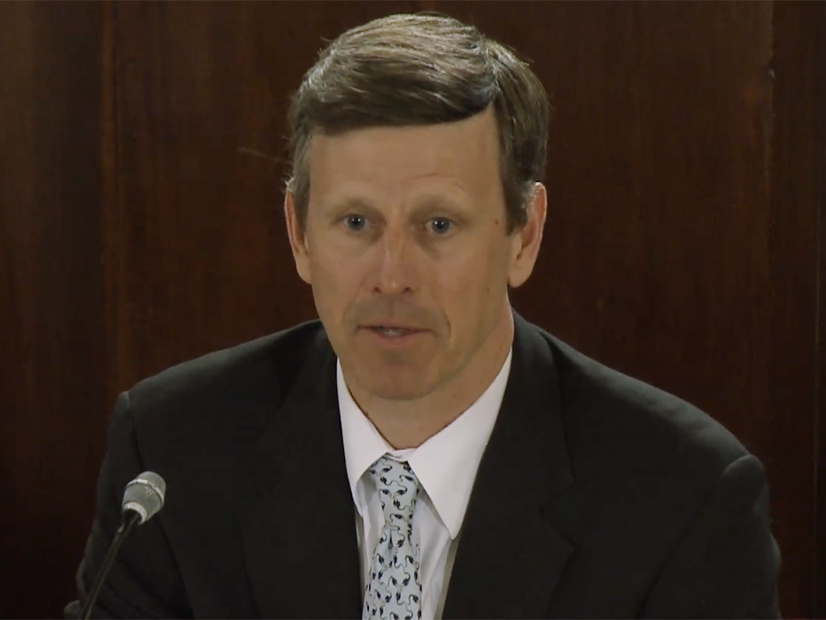The PJM Power Providers (P3) last week asked the 3rd U.S. Circuit Court of Appeals to overrule a FERC order allowing PJM to recalculate the reliability requirement parameter for Base Residual Auctions (BRAs) after bids have been submitted but before the auction closes.
The commission’s February order was centered on the 2024/25 auction, which would have seen capacity prices increase fourfold for the DPL South locational deliverability area. (See FERC OKs PJM Proposal to Revise Capacity Auction Rules.)
PJM attributed the increase to the reliability requirement calculation including resources that didn’t ultimately bid into the capacity auction. It explained that certain resources, such as disproportionately large generators or intermittent resources, can cause an increase in the reliability requirement to account for the imports needed when they are unavailable.
The RTO “ran an auction consistent with the rules; they didn’t like the outcomes of that auction, and they changed the rules,” P3 President Glen Thomas told RTO Insider.
He said that changing auction rules after companies have entered bids in part informed by those rules amounts to retroactive ratemaking and undermines confidence in the markets.
“If that’s going to be the new normal, that’s going to be something everyone participating in the PJM markets is going to have to consider,” he said.
P3 in its filing pointed to Commissioner James Danly’s dissent from FERC’s order in which he predicted it would be struck down by the courts for violating the filed-rate doctrine. He compared changing auction parameters after bids have been submitted to a game of blackjack in which the house changes the rules after the cards have been revealed.
“The house saves a bit of money on one hand, but no one ever plays blackjack at the Federal Energy Regulatory Casino again. That is this case. The only difference is that the capacity market is not a game but rather the mechanism by which we ensure sufficient generation resources are built and maintained to keep the lights on,” Danly wrote.




